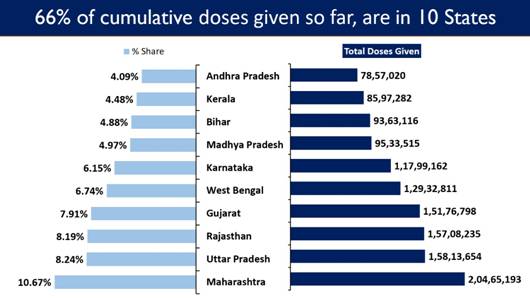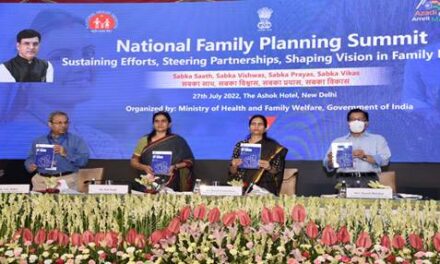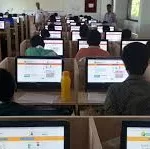New Delhi: A government-appointed panel has recommended region-specific timelines for influenza vaccination, marking the first such differentiation in India. The panel, which includes experts from the Indian Council of Medical Research (ICMR), the National Centre for Disease Control (NCDC), and the Directorate General of Health Services, has suggested that the timing of the flu shot should depend on regional weather patterns. This recommendation, reviewed by ThePrint, aims to optimize vaccine effectiveness and reduce the risk of flu outbreaks in vulnerable groups.
Currently, the Union Ministry of Health and Family Welfare does not specify a schedule for flu vaccinations under the country’s Universal Immunisation Programme, though it advocates immunisation for at-risk groups such as pregnant women, children under five, the elderly, individuals with chronic conditions, and healthcare workers, following World Health Organization guidelines. Despite this, the Centre does not set a specific month or time for vaccination.
In a significant move, the panel has proposed different vaccination periods for various regions based on a detailed analysis of influenza data from 2004 to 2023. According to the minutes of the panel’s meeting in September 2024, vulnerable groups in most parts of India, including the Andaman and Nicobar Islands, are advised to get the flu vaccine in May and June, a period that aligns with the onset of the monsoon season and early summer.
However, residents of Tamil Nadu are advised to get vaccinated in July, while those living in the colder regions such as Jammu and Kashmir, Himachal Pradesh, and Uttarakhand—states that experience severe winter—are recommended to receive the flu shot in October, just before the peak of the flu season in these areas.
A panel member, who spoke on the condition of anonymity, explained that the timing recommendations were based on a comprehensive study of influenza trends across the country, as well as seasonal weather patterns that influence flu transmission. The expert also mentioned that the committee has recommended incorporating these regional timing suggestions into the influenza vaccination guidelines issued by the NCDC each year.
The government’s move to consider weather patterns in vaccination planning reflects growing recognition of the need for more tailored health interventions in the face of diverse climatic conditions across India. This change is expected to provide more effective protection for vulnerable groups, reducing the burden of flu-related illnesses nationwide.








